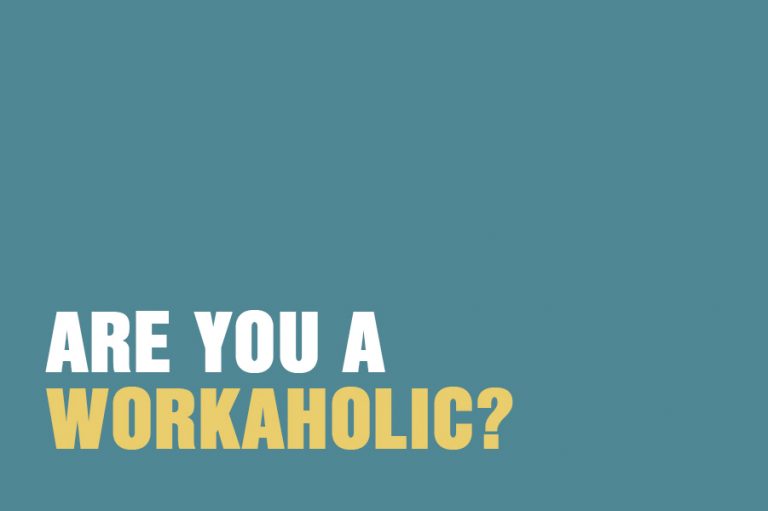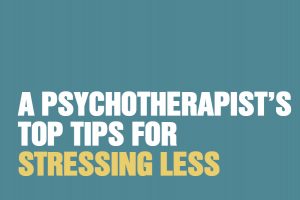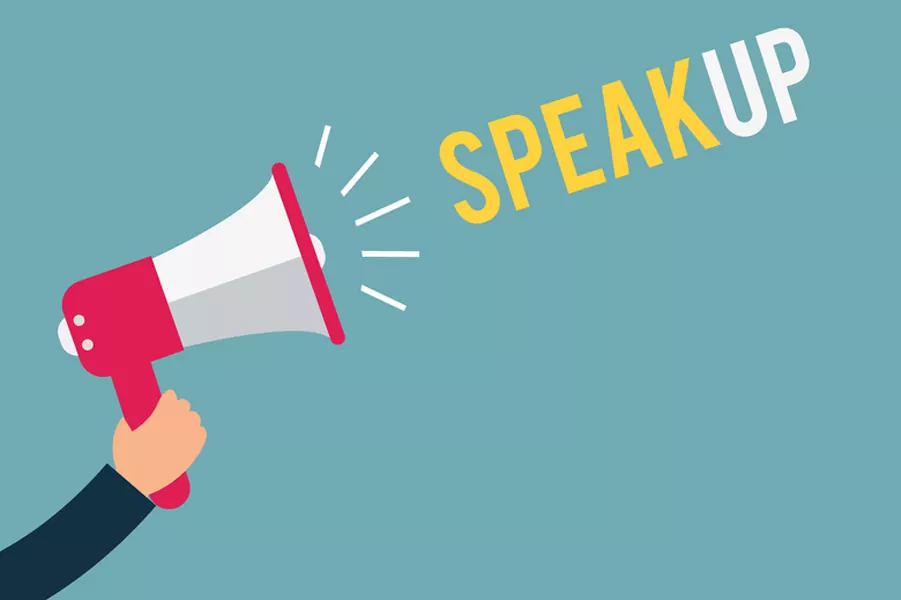Working hard and being dedicated to your career are obviously good things, and there will be times when you need to put in extra hours, but if you are working so long and hard that your health and other parts of your life are suffering then that, clearly, is not such a good thing and perhaps it is time to re-think your working life.
How healthy is your relationship to work?
If you are routinely and regularly cancelling your social plans and side-lining your interests and hobbies in favour of work then this could mean you are actually addicted to work. Like other forms of addiction, being a workaholic can have serious health consequences, and not just higher than normal rates of work-related stress and job burn-out, but also increased risk of depression, anxiety, and stress-related physical illness such as disordered sleep, disordered eating, stomach pain and headaches.
It is not at all surprising that people develop an addiction to work because our society prizes people who work hard so highly. This is an addiction that, if you have it, is constantly fed and facilitated. Almost every employer rewards hard work and will give positive job evaluations, opportunities for promotion, and other rewards to the people who commit the most to their working lives. Added to that connectivity and modern devices mean that you do not have to be in the office to be working — mobile phones ensure that emails can be checked any time anywhere — which makes it hard to switch off and avoid the addiction.
So how do you know if you are a workaholic?
Ask yourself a question, or seven in fact:
- Do you frequently find yourself spending more time working than you intended?
- Do you sometimes catch yourself thinking of ways you can clear some time in an evening on a weekend or during a holiday so that you can work?
- Do you have feelings of guilt, anxiety, helplessness or depression and find that working helps you to manage or to block out those feelings?
- Do you find that your stress increases significantly if you have to take time off work for an illness or another commitment? Or if you have to delegate tasks to someone else?
- Has a friend, family member or partner expressed the opinion that you work too much or should cut down on your working hours?
- However much you love yoga or running and however much you are committed to your relationship or hanging out with family and friends you often find yourself putting work before your exercise plans, hobbies and loved ones.
- Do you feel exhausted and suspect it might be because working so hard is affecting your health?
Once you have read and thought about each of these questions weigh up your responses. Did you feel a strong sense of connection or a loud ‘yes’ to four (or more) of them? If so, there is a distinct possibility that the amount of work you do has more to do with addictive behaviour than it does with being a conscientious and committed professional.
What can you do about it?
As with all addictions denial is the biggest hurdle in dealing with workaholism. Almost the definition of a workaholic is someone who thinks they have no choice but to work this much, and work is a necessity to most of us. So it can be very difficult to recognise that that work is not only something you need to do to pay the rent, etc, but that the way you work is, in reality, a behaviour you have developed to avoid painful feelings.
Acknowledging that you have a co-dependent relationship to work and that it has become a way of avoiding life’s difficulties is the important first step. But workaholism isn’t simply avoidance, an escape into work from the things that trouble you in your life. Our counsellors report that work also gives their clients things they might not be able to get outside of their working environment. For example they might be working all the hours God gives as a way of feeling in control, of giving them a sense of self-esteem and identity that they struggle with when at leisure. Or pushing yourself at work might give you a sense of power and superiority you cannot feel in other contexts. By beginning to reflect on all this and addressing those underlying issues you can learn to set healthy boundaries around work and how to work more efficiently over fewer hours.
Seven tips on how to redress an unhealthy relationship to work
- Respect the boundaries
Make a pact with yourself that you will not work past a certain time, and learn to walk away and truly switch off from work at that precise time every day. - Schedule in flexibility
Make a work schedule and commit to it. There will be times when you will genuinely need to work an evening or a few weekend hours. That is fine, but write it in your diary and follow the amended timetable rather than just automatically working late into the night or all weekend just because you are still there. - Give yourself a break
Having a whole hour away from your desk at lunchtime might feel too much at first so start by having small five-minute breaks where you have a short walk or just a change of scenery. This gives you space to think creatively about what needs to be done rather than feeling anxiety about the list of tasks building up. - Be mindful
Meditation and mindfulness are excellent tools in helping you to turn off the thinking, task-oriented part of your mind. Take some time every day to consciously slow down, breathe, relax, and rest your mind. - Challenge your assumptions
You have a firm and long-held belief that working long hours denotes strength and success and that taking breaks or easing off in any way indicates weakness, laziness or lack of commitment. But that’s not true, so try to re-educate yourself to admire the efficient way you perform a task rather than the amount of work-hours put into it. - Adjust your values
Try to balance your commitment to work with commitment to your own health and wellbeing. - Disconnect
This is the toughest test of all! But as you walk through the office door (or clock off from working at home) make a point of turning your phone (and laptop, ect) off. Instead devote the time energy to friends, family, and your self.
You’ll be much more effective, not to mention happier and healthier, if you are getting enough breaks, rest, sleep, and give yourself time to cultivate relationships and interests outside of work.
If you struggle with work addiction or find it hard to switch off and find a good balance between work and home life it could really help to talk it over with an experienced psychotherapists or counsellor. To make an appointment, call 020 8673 4545 or email [email protected].







